Apple has offices located around the Bay Area, in Cupertino, Sunnyvale, Santa Clara, and San Jose, but for the first time, the company is planning to expand into San Francisco. According to the San Francisco Business Times, Apple has leased 76,000 square feet of office space in the popular South of Market neighborhood (SoMa) in San Francisco.
Many startups and major tech companies are located in San Francisco, in the very neighborhood Apple is moving into. It is not clear what Apple plans to do with the office space, but Beats Music leases office space in San Francisco, so it's possible Apple will house its Apple Music employees in the city.

Though Apple's offices have long been located in the South Bay, many employees live in the city and face a daily hour-long commute by car or Apple bus, so San Francisco office space for at least some of the commuters will likely be welcome news. The ability to work in San Francisco could also help Apple recruit key employees that are reluctant to work outside of the city.
In the building Apple plans to sublease through 2022, employees will share office space with CBS Interactive, the main tenant. The 76,000 square foot space could accommodate an estimated 400 to 500 employees. It's not known what Apple is paying to rent the space, but SoMa is one of San Francisco's most expensive areas due to its popularity with tech companies. On average, rent in SoMa costs $66 per square foot, so Apple is likely paying millions of dollars per year to occupy the space.
News of Apple's San Francisco lease comes shortly after news that the company leased 300,000 square feet of space in North San Jose. Apple also recently expanded into Seattle, leasing office space in a popular downtown area.



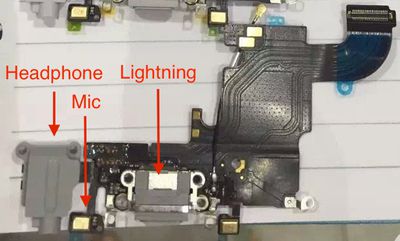

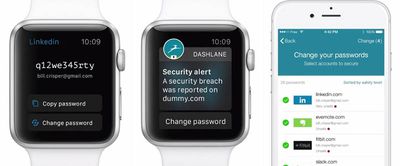




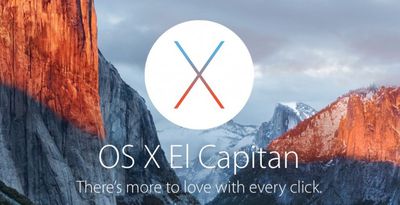
 Popular calendar app
Popular calendar app Apple has released a
Apple has released a 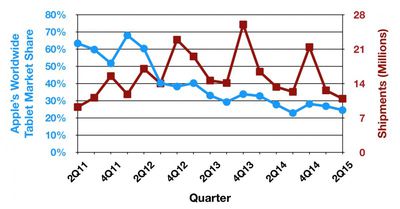
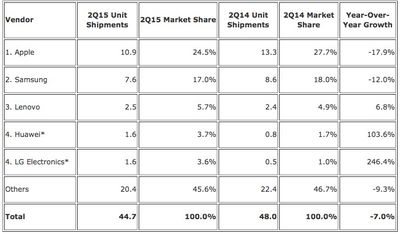



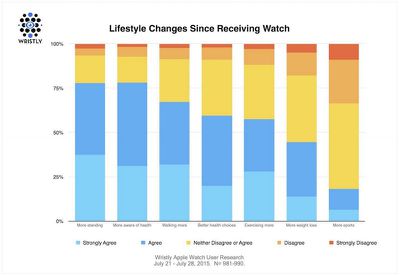
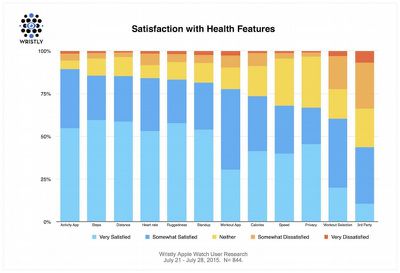
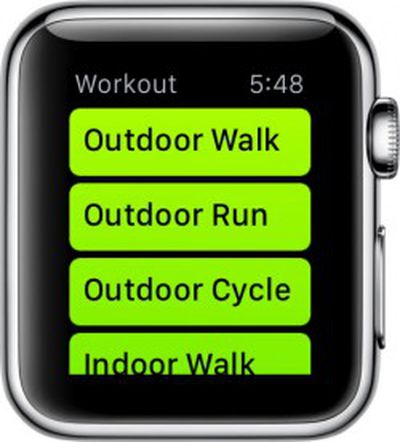 Apple Watch furthered my transformation. I can see on my wrist every minute of the day where I’m at for standing, movement, activity, calories and much more.
Apple Watch furthered my transformation. I can see on my wrist every minute of the day where I’m at for standing, movement, activity, calories and much more.














